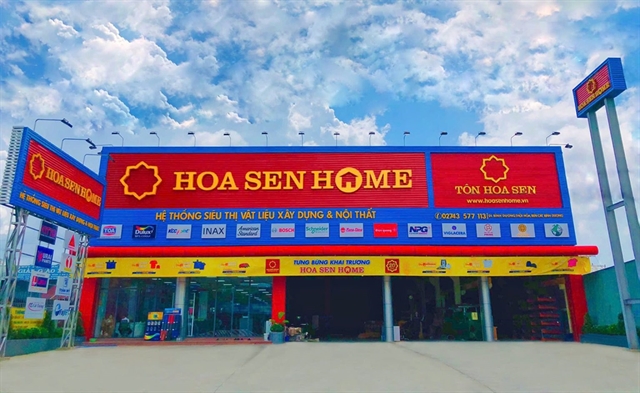 Economy
Economy


|
| Nguyễn Đức Thành, a senior advisor of VEPR, talks about combatting tax evasion. — Photo dantri.com.vn |
HÀ NỘI — Việt Nam faces increasing tax evasion and avoidance as policies have not kept up with reality, according to a report by Việt Nam Institute for Economic and Policy Research (VEPR) and Oxfam.
Tens of thousands of businesses have been detected violating enterprise income tax rules worth up to trillions of đồng per year from 2010 – 2018.
Tax violations not only occur among multinational corporations but also in State-owned enterprises as well as domestic private enterprises; not only in large-scale enterprises but also in small and medium-sized enterprises.
VEPR said although Việt Nam had tried to consolidate the legal framework for tax administration, laws were still inadequate, inconsistent and had not kept pace with the reality of rapid and complex developments.
In the period, revenue loss in both value and proportion of corporate income tax has been on an upward trend since 2014.
Tax evasion and avoidance caused a revenue loss estimated at between VNĐ15.6 and VNĐ20.7 trillion each year, equivalent to 7.5 - 9.9 per cent of corporate income tax revenue.
Professor Nguyễn Hoàng Oanh from the National Economics University said tax evasion was a common phenomenon in the economy.
In Việt Nam, multinational enterprises have the best opportunity to evade taxes as they set up many branches abroad, shifting profits in high tax rates places to low tax rates places, Oanh said.
Nguyễn Đức Thành, a senior advisor of VEPR, said that to combat tax evasion the country was trying to cut corporate income tax to compete with other countries in the region.
The reduction of corporate income tax might cause the country to enter into competition with other countries, and there might be a race for tax incentives for businesses among ASEAN countries, Thành said. — VNS